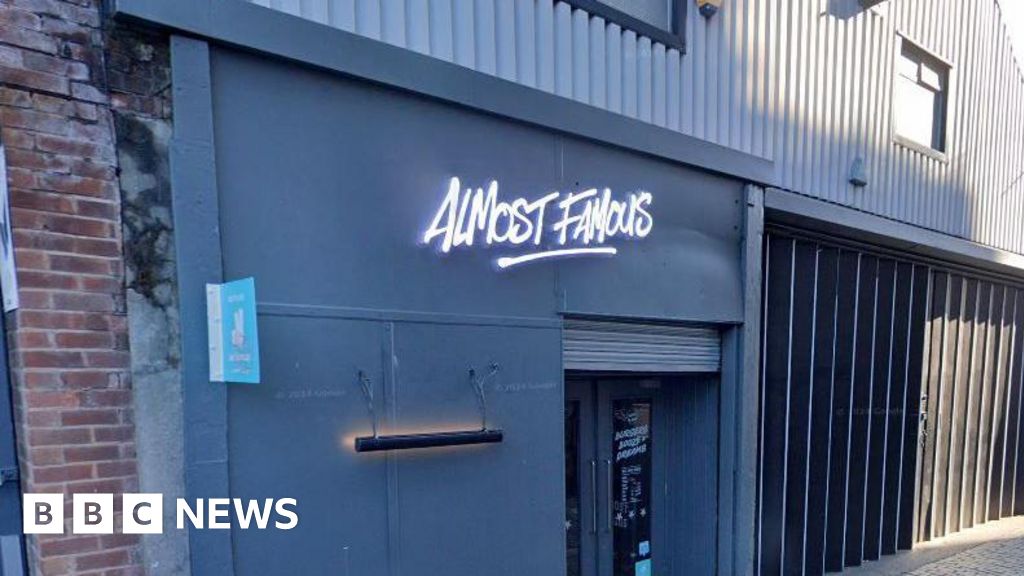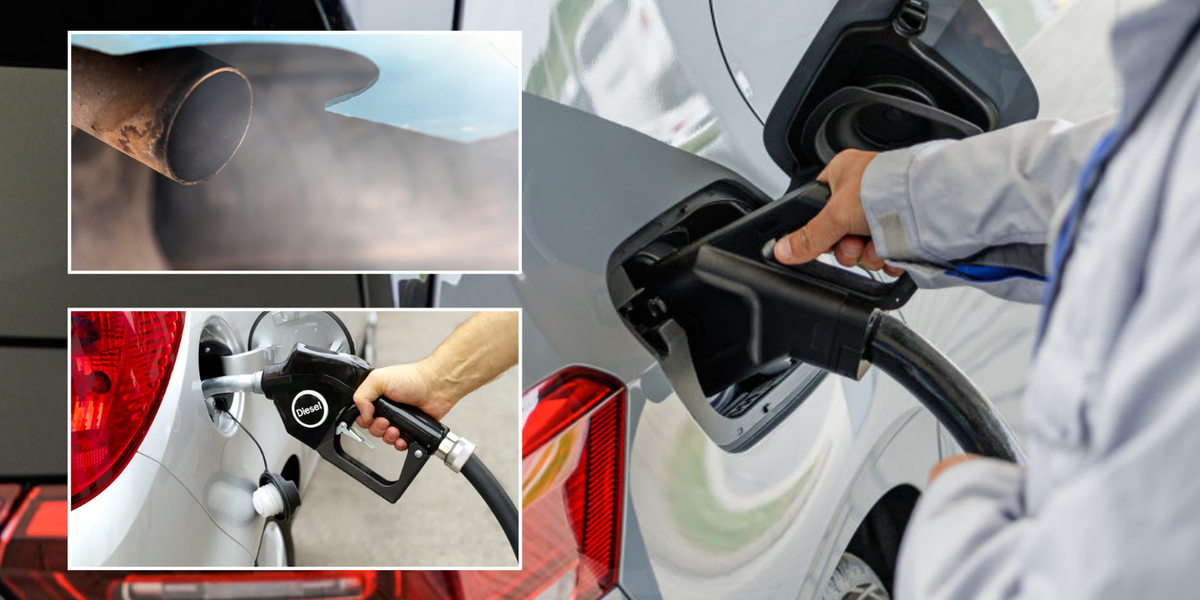Net zero rules have forced Britain’s oldest racing car maker to halt work on its next petrol-engined model, its chief executive has said.
Lawrence Whittaker, chief executive officer of Lister Cars, said that the Government’s zero emission vehicle (ZEV) mandate had forced him to halt millions of pounds’ worth of work on the company’s next vehicle.
The Cambridge-based racing car maker had to “put all our eggs into one basket”, he said, meaning it could not afford to make speculative electric or hybrid designs in case its petrolhead fans did not buy them.
News that Lister Cars is suspending work on its new design comes as large automotive manufacturers face punitive fines unless 28 per cent of all new car sales this year are of vehicles powered by electric motors instead of a conventional petrol or diesel engine.
Last year, the industry missed its target of 22 per cent, with just 19.6 per cent of 2024’s car sales being electric, according to the Society of Motor Manufacturers and Traders (SMMT).
Mr Whittaker said that Lister Cars, which was founded in 1954, had suspended work on a planned new version of its Knobbly Continuation car until the Government made it clear whether smaller manufacturers – those building fewer than 1,000 cars a year – would be exempt from the ZEV mandate.

The proposed mandate says that by 2030, 100 per cent of new car sales must be electric – banning the sale of new petrol and diesel models.
“We have plans to come out with a brand new car that we were going to invest, you know, £3-5 million in the initial launch of this car,” Mr Whittaker said.
“And it puts us in a position where it’s going to take us three years before that car hits the road, and then we potentially only have two years to sell it; and if we don’t get the exemption, then we potentially are in a position where we can no longer sell that car.
“So of course, as a company, we’ve had no option, but just to say we’re going to have to completely pause this journey, because we don’t want to be in that position.
“It’d be just great if we could get that clarity from the Government, really.”
Lister’s new car was set to be an evolution of the Knobbly Continuation model, itself an updated version of the company’s classic 1950s model.
“We want to be assured we’re going to be able to sell it and, unlike the large manufacturers like BMW or Mercedes or Jaguar Land Rover, we can’t hedge our bets and make some electric, some petrol, some hybrid cars,” he said.
“We just can’t afford to do that. We have to put all our eggs in one basket.


Automotive manufacturers including the likes of Vauxhall owner Stellantis and Ford have warned that the ZEV mandate threatens investment and jobs.
Stellantis blamed the mandate for the closure of its Luton van factory, which it announced in November.
Mike Hawes, the SMMT’s chief executive, has previously said the ZEV mandate had forced companies into offering “unsustainable” discounts on electric cars last year totalling £4.5 billion – the equivalent of £12,000 per EV sold.
It comes in the wake of Rachel Reeves, the Chancellor, cutting the threshold at which businesses must start paying National Insurance contributions (NICs) on their employees’ salaries, and increasing the rate from 13.8 per cent to 15 per cent.
This means businesses must pay more in taxes, causing them to raise their prices to compensate. Experts have estimated that the tax raid will cost the economy £25 billion.


Mr Whittaker said he had seen the effects of Labour’s tax increases filtering through to the automotive industry.
“We’ve seen a lot of companies message us to say that prices are going up. Obviously the NIC costs are affecting every business,” he added.
“We were suffering ourselves with the NIC rise, you know. And then obviously the increased cost of the supply chain is meaning that eventually the cars will have to become more expensive.”
Lister Cars has all of its current models as “price on application”, although second-hand versions have been advertised for six-figure sums.
The Department for Transport described Mr Whittaker’s comments as “inaccurate”, but confirmed that a public consultation on how to bring forward a planned ban on all new petrol and diesel cars from 2035 to 2030 was under way.
The Telegraph understands no decision has been made about whether small-volume manufacturers such as Lister Cars will continue to be exempt under Labour’s plans.












